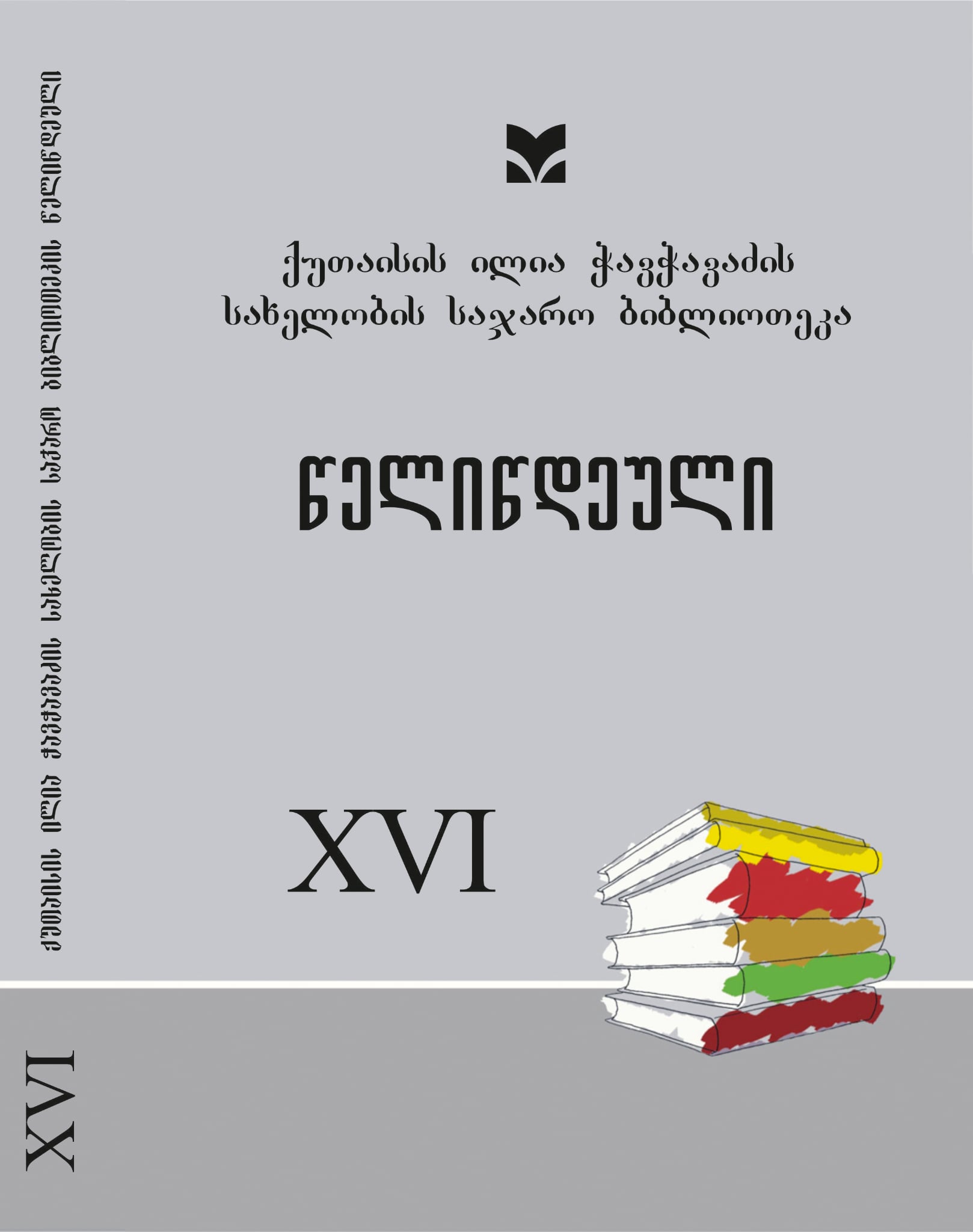Leloburti in Guria: Tradition and Cultural Consciousness
DOI:
https://doi.org/10.61491/yk.16.2024.9381Keywords:
Leloburti in Guria, Georgian folk games, Georgian sports traditionAbstract
Guria is one of Georgia’s most distinctive regions, where folk culture, traditional lifestyles, and social relations retain unique characteristics. For centuries, traditional holidays and folk games have held great importance here, serving not only as entertainment but also as a means of strengthening social bonds and preserving communal identity.
Among the diverse traditions, Leloburti occupies a prominent place. This ancient Georgian game, as a vivid example of both physical and spiritual unity passed down through generations, functions not only as a sporting competition but also as a cultural phenomenon. It reflects the historical, social, and cultural consciousness of the people and embodies the values of Gurian society—courage, solidarity, and collective effort toward a common goal.
In this study, through metaphorical analysis, the origin of the term Leloburti and the brief history of the establishment and development of this sport in Guria are examined, along with its role and significance. The study explores how it creates and maintains local cultural identity and the sense preserved in its symbolism. Analyzing this ritual allows for a deeper understanding of its integration and significance within contemporary social and cultural contexts.
The article also highlights the role of metaphor as one of the productive means for forming secondary names. It examines how, when the semantic scope of a word expands, the perception model of the world transforms it first into a grand metaphor and then into a term grounded in a historical event (Danelia 2023: 19–23). Through the analysis of Leloburti, the study demonstrates how a sporting tradition can become a symbol of cultural unity and social continuity. Additionally, it explores the transformation of Leloburti over time and its signifificance in contemporary Georgian culture. The game is compared to the English national sport of rugby, which has achieved global popularity.
The study employs ethnographic, historical, and cultural analysis methods, enabling a comprehensive examination of the Leloburti ritual within a broader context.




